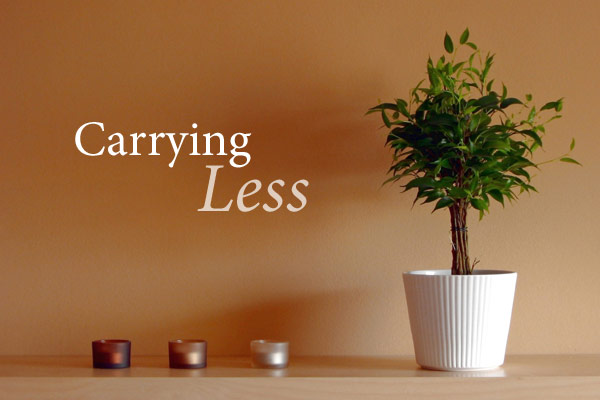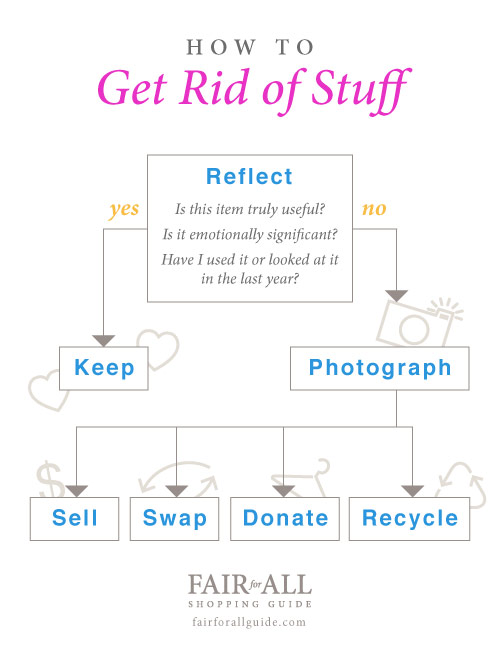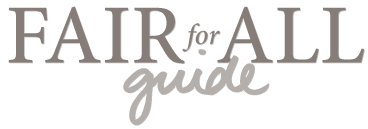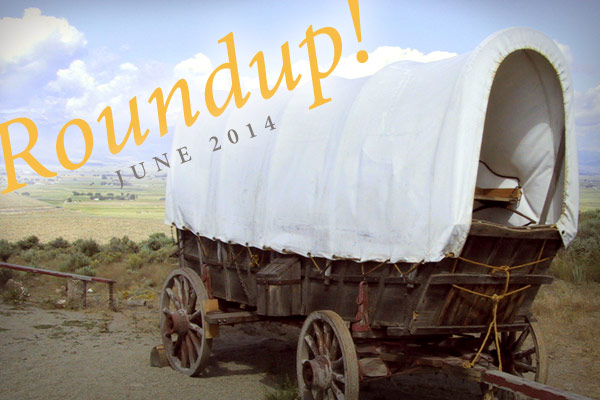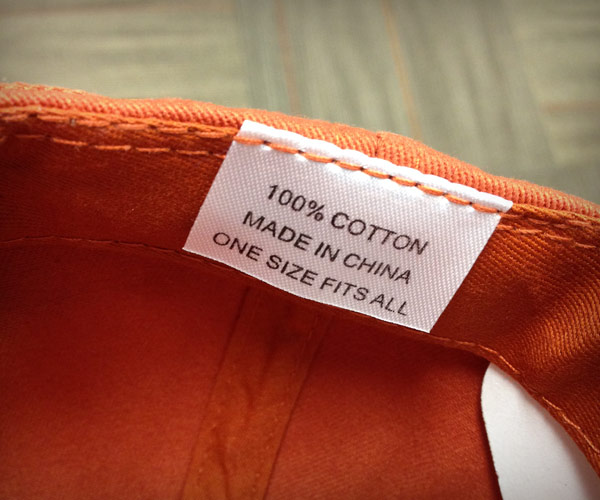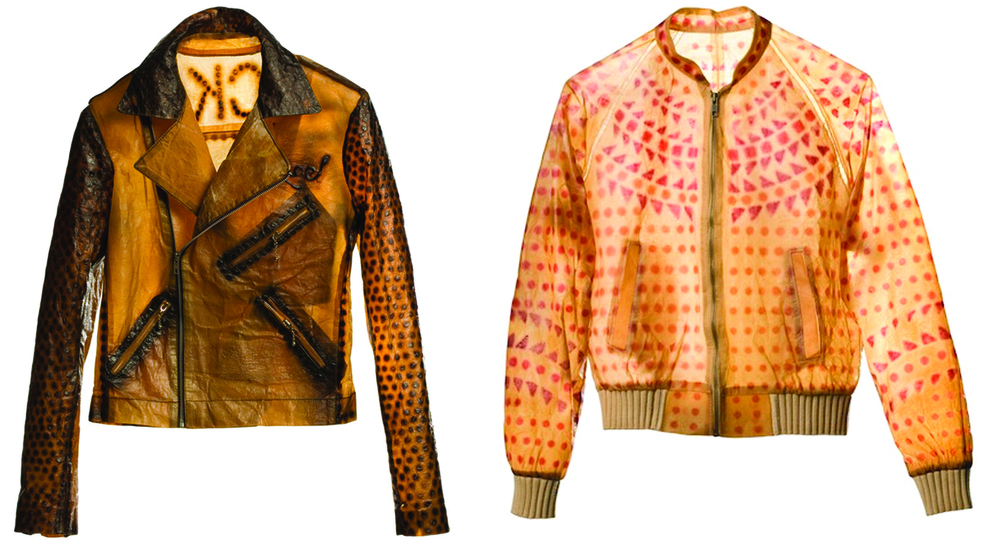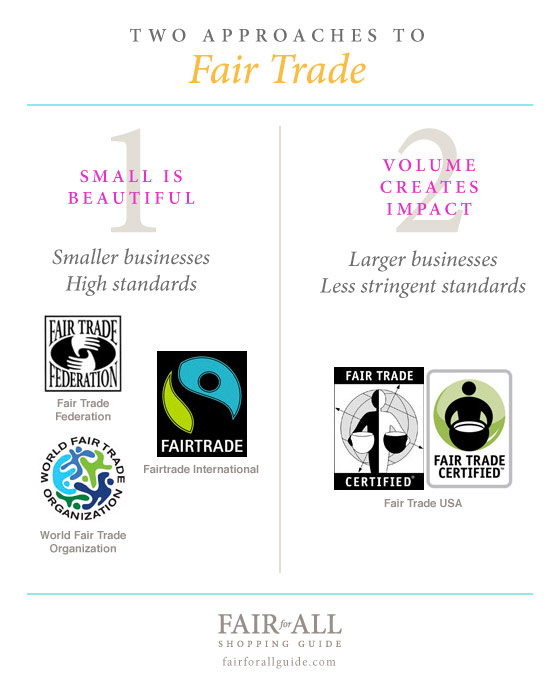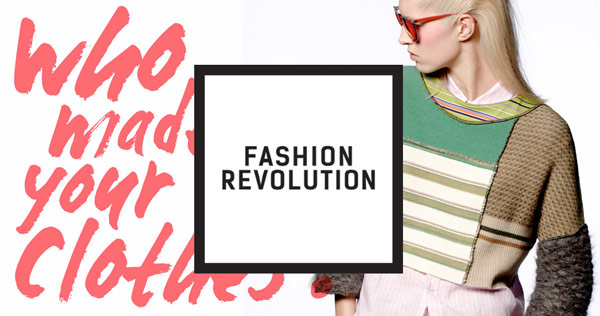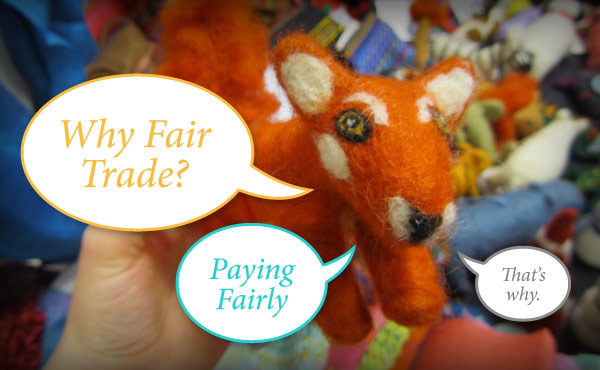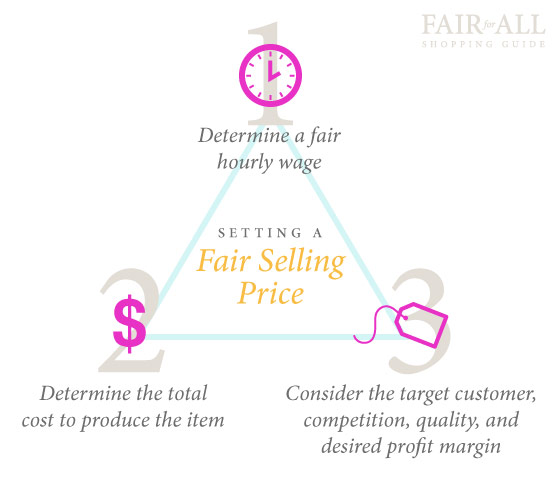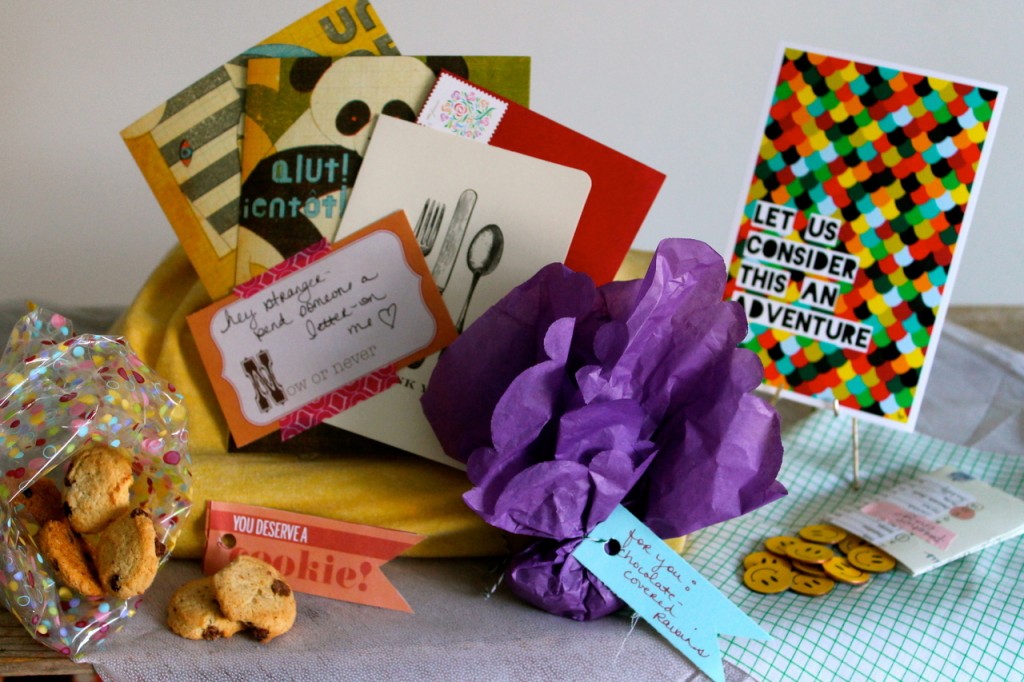
Today I’m excited to feature an inspiring project called the Be Nice Box that aims to help people spread kindness in their daily lives. My sister featured the Be Nice Box on her blog several weeks ago and when I read the post I said to myself, “My readers would love that too!” The Be Nice Box is the creation of Diana Neidecker, and I asked her to explain her idea in her own words.
What is a Be Nice Box?
The Be Nice Box is a monthly subscription box service, encouraging others to ‘spread their own kindness.’ You can think of the box as a ‘random acts of kindness toolkit’ that you receive in the mail each month. Each month, we pick a new theme & all of the acts of kindness revolve around the theme. Each box contains a list of 12 good deeds that can be completed throughout the month. Also inside each box, are four cool, handmade, sustainable items to help complete a few of the items on the list. And finally, every subscriber receives a small gift for themselves, as a thank you for helping to save the planet. We also donate $1 to charity for each box sold.
Monthly subscription box services are everywhere right now & as far as I know, this is the only box on the market where the items inside are for the benefit of others. Most box services give you items for yourself {clothes, make-up, food}, but the Be Nice Box is all about spreading kindness and being good to others.
Why did you decide to create this business?
Last April, after the Boston Bombings, I wrote a blog post about 26.2 acts of kindness we can complete to support those who were affected. The post got a large amount of traffic and it really made me think. Whenever tragedy strikes, we all decide to focus on kindness. We commit to hugging our children, to not freak out about the dirty socks on the bathroom floor and to call our grandmas more often. The more I thought about it, the more it bothered me. So, I decided to launch a new blog called ‘A Year of Minnesota Nice.’ The goal is to complete 365 acts of kindness and to document the journey ; I am almost 200 days in and the project has, without a doubt, changed the way I view the universe.
This fall, the blog started picking up steam around the same time I decided to leave a 12-year career in education. I knew that I wanted to turn my blog into a business, but had no idea what that looked like.
One night, my partner Blake & I were out walking our dog and we were just brainstorming business ideas. As we were chatting, I said ‘I just want to find a way for people to spread their own kindness.’ And *boom* the Be Nice Box was born! We basically ran home & that night, I created a business plan.
The idea hit me on October 1st, I launched the website and sign-ups on October 15th and the November boxes went out two weeks later!
How do you incorporate fair trade and/or ethically-made items into the boxes?
Sustainability is extremely important to me as a human, so I knew that when I launched this business, I wanted to hold on to that. Everything we do revolves around ethical practices and sustainability.
The boxes and the address tags we use were both purchased from a surplus store. Some local businesses shut their doors and we were able to purchase thousands of labels and hundreds of boxes for pennies. Our purchase helped support a local business, and kept all those items from being thrown away.
The majority of our office supplies and packing materials are second-hand and made in the US.
Each month, I deliver all of the local {Minneapolis} boxes and mail the rest. In the winter months, I drive a hybrid car around the city and in the summer, all boxes will be delivered by bike. The post office is nearby, so most months, I load up the boxes {anywhere from 40 to 70} and walk to the post office.
The artists and businesses that we partner with also value sustainability. The products we include in the boxes are from companies who treat their employees, manufacturers and the environment with respect. I like to think that the Be Nice Box has a powerful impact that goes beyond practicing the kindness in the box.
Since launching, we have worked with awesome companies such as Mama Ganache Chocolates, Equal Exchange, Project 7, LIFEline fashion and Wild Harvest Organic.
The Be Nice Box has existed for six months now, and I am proud to say that with each passing month, I am becoming more passionate and excited to share this experience with companies, artists and people who truly want to create a better planet!
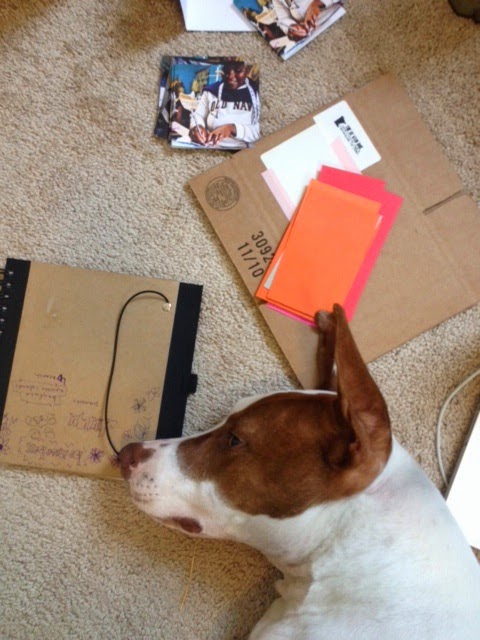
Diana’s pup Daphne helps assemble the April Be Nice Boxes
Explain how Be Nice Box partners with charities.
Each month, we pick a new charity and donate $1 from every box sold to them. Our charity always aligns with the theme, so as you are out in your community spreading kindness, its in the back of your mind that your good deeds are making a difference in of the parts of the world, as well.
Since launching, we have supported :
- Ten Thousand Things: MPLS-based theatre troupe that provides free performances in prisons, homeless shelters & housing projects.
- Himalayan Cataract Project: They provide low-cost eye surgery to people in developing nations
- Open Arms MN: They grow, cook and deliver healthy, organic meals to Twin Cities residents who are living with terminal illnesses
- Blessings Basket Project: They provide on the job skills & training for women in poverty to be entrepreneurs, create and sell their own baskets and lift their families out of poverty
- Project Success: Local MPLS organization who motivate and encourage all students in Minneapolis and St. Paul to set goals and then offer resources to achieve them
- LIFEline Fashion: Started by a small group of women in Kenya; all mothers of children with special needs. they create hand-made items to pull their families from poverty
Can you give a us a sneak peek into what will be in the next box?
The theme for the May box will be ‘feathers & fur!’ I have been planning this box for over six months and am super excited for it to launch! All of the good deeds in this months box will be about animals ; animals that provide for us {BEES!}, ways to support animals {local shelters and rescues} and more! There are a limited number of boxes each month; there will be 70 boxes available for May & they will ship April 27th.
The Be Nice Box offers one-, three-, six- and 12-month subscriptions with free shipping and is available in the US only. Gift subscriptions are also available.
Thanks to Diana for sharing her vision for spreading kindness! How do you try to spread kindness in your life? Tell us about it in the comments!
